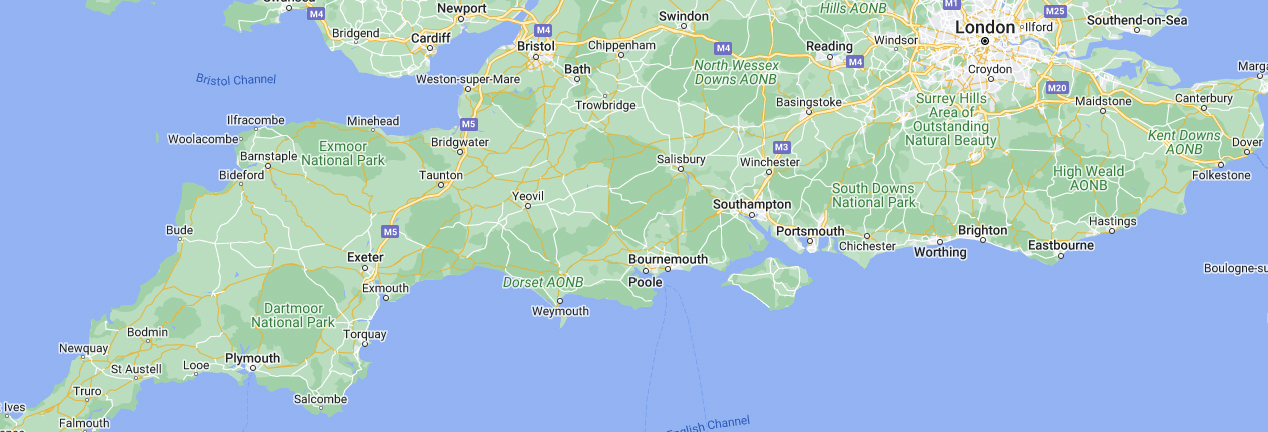Fascia: aka connective tissue plays an important role in the support and function of our body. It is made up of densely packed collagen fibres making it extremely strong. The fascia forms a continuous sheath like structure which surrounds each and every muscle, bone, nerve, blood vessel and organ, connecting each part of the entire body.
Fascia helps to reduce friction, creating smooth movement between muscles, bones and organs. It also helps to maintain our bodies mobility and flexibility. In it’s healthy state, fascia is relaxed, it can stretch and move without restrictions.
However, in the presence of:
- Trauma e.g. whiplash or a fall
- Inflammatory response
- Surgery e.g. scar tissue
- Poor posture
- Repetitive strain injury
Myo-fascial restrictions can occur. This loss of pliability causes the fascia to become tight. Tension can develop in different areas of the body, resulting in excessive pressure build up, pain, headaches and restricted range of movement. This can have a negative impact on flexibility and stability.
At Jonathan Clark Physiotherapy we ensure to take a detailed history of your injury. We focus on the mechanism of injury and provide a thorough assessment of movement and sporting technique. Following this, our physiotherapists can offer correctional treatment and advice, helping you to prevent reoccurrence.
Our therapists also offer a wide range of treatment techniques including: taping, acupuncture, and soft tissue massage as well as postural re-education, individualised home exercise programmes and advice on how to self massage using foam rollers. All of these aim to target areas of high tension, helping to relax your myo-fascial tissues and allow you to return to normal levels of functional and sporting ability.
Information from:
https://www.myofascialrelease.com/about/fascia-definition.aspx
http://www.runnersworld.com/injury-treatment/understanding-your-fascia?page=single



